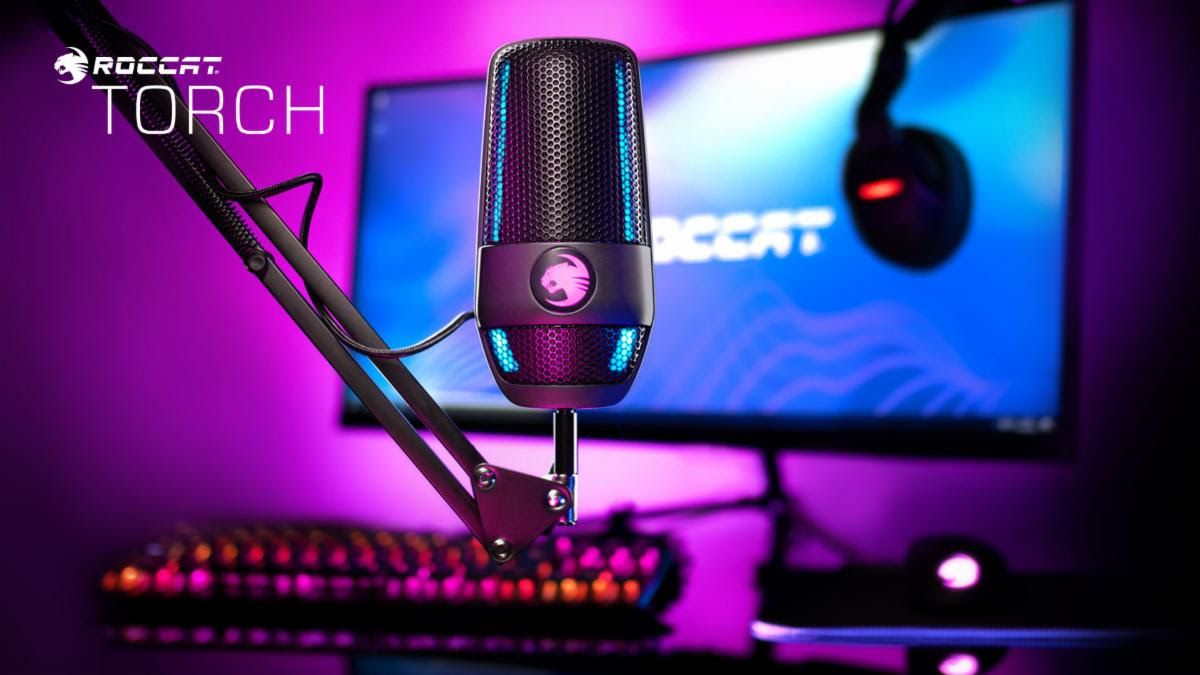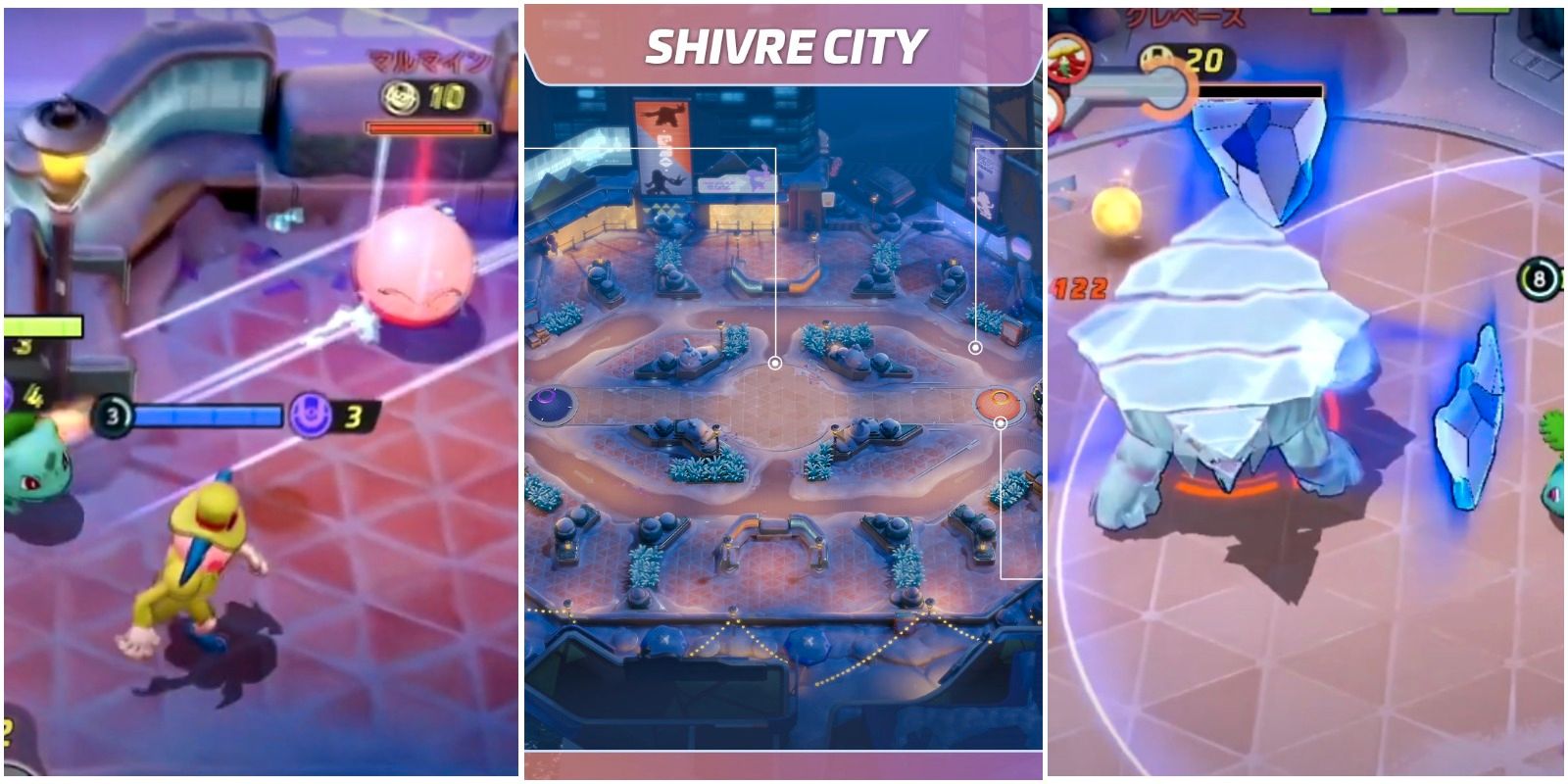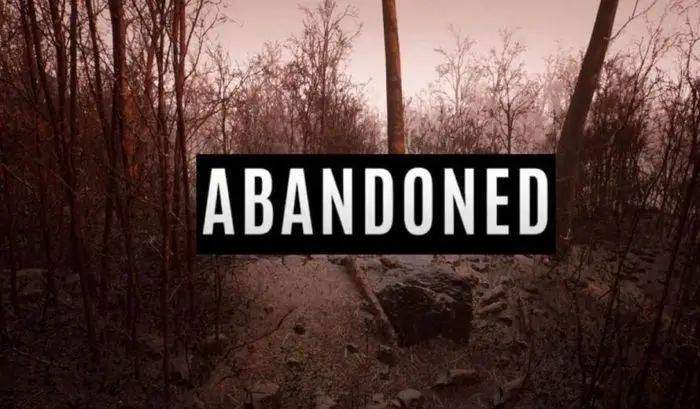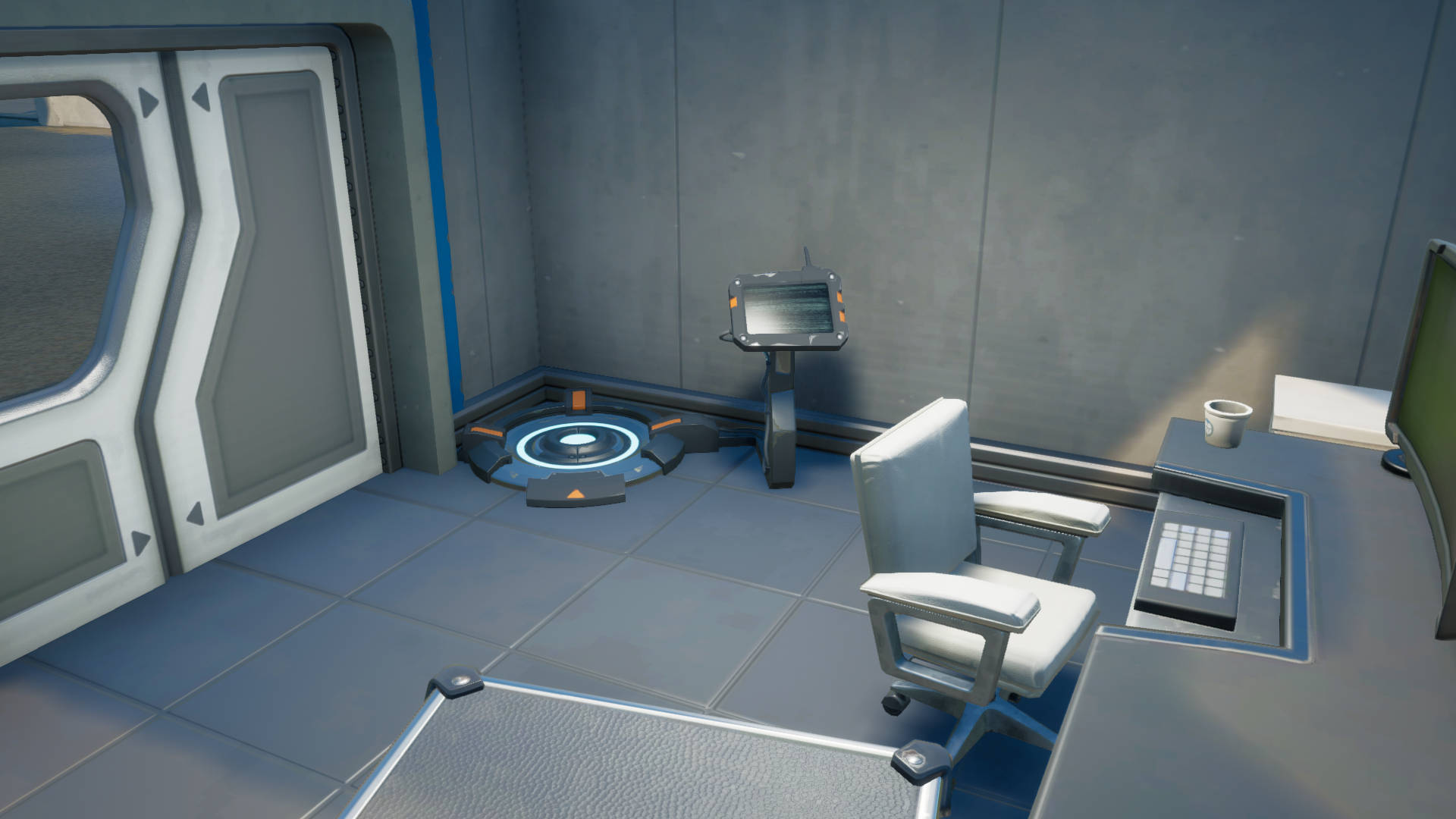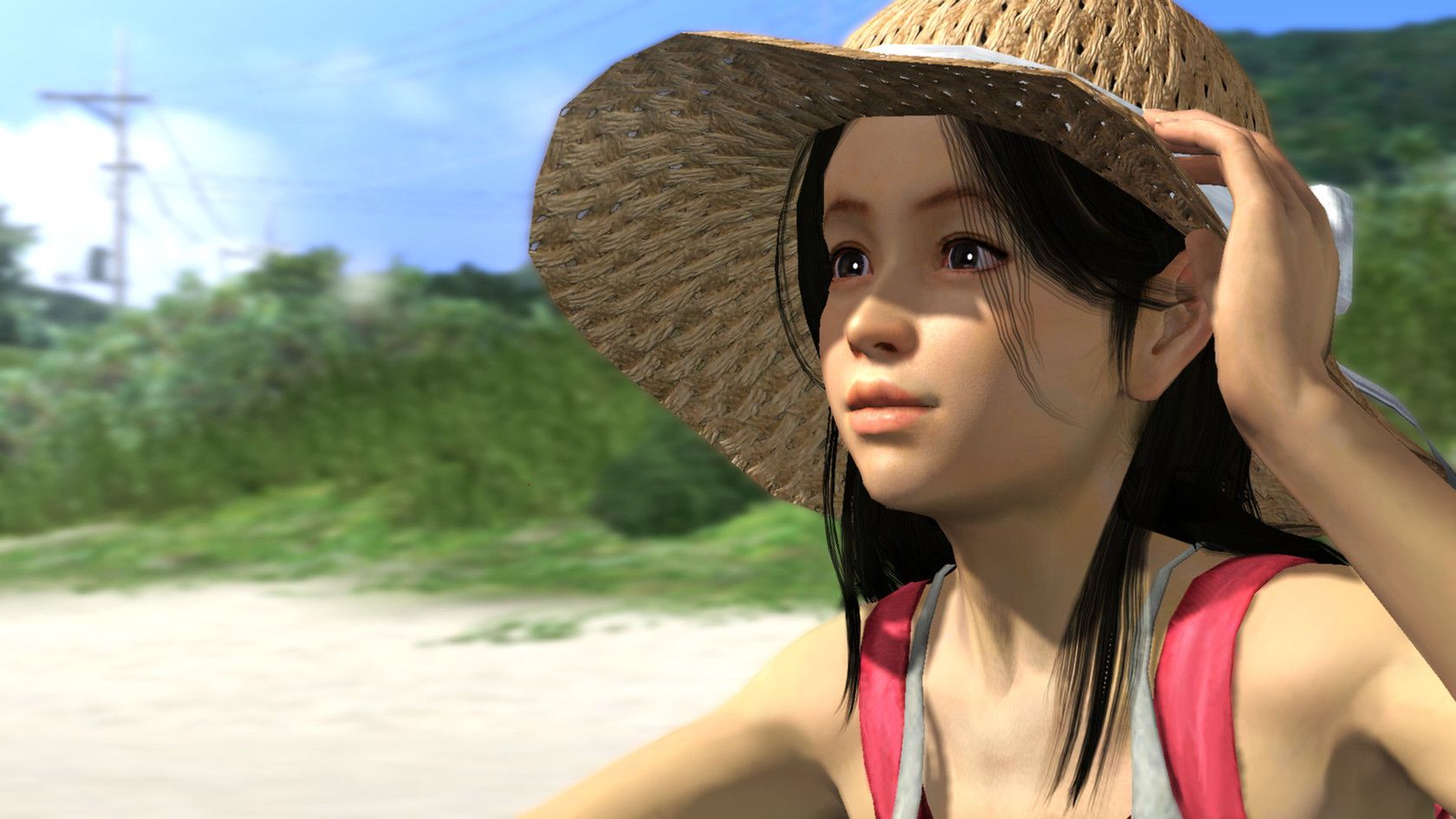
Kazuma Kiryu is one of my favourite video game characters. Although he’s known around Kamurocho as the fourth chairman of the Tojo Clan and a bona fide beast who talks with his fists instead of stupid, pretentious words, he’s a real softie. Put simply, most of the good guys in Yakuza are softies – Majima, Daigo, Kashiwagi, Kazama… they’re all just big teddy bears with deceptively intense eyes. I think that’s what makes characterization in Yakuza so distinct from so many other stories.
The thing is, right, the way this characterization develops is a bit streamlined at times. Yakuza 0’s substories tell the most human stories in games, but they’re so self-contained, ephemeral, and easily missed that to say they do a lot of heavy lifting is misguided, if not downright incorrect. The more ostensibly core parts of Yakuza’s narrative make use of twists and tension to imbue their story beats with an emotional charge, although, paradoxically to the aforementioned ephemeral nature of the substories, the main narrative moves at such a blisteringly rapid pace that it’s all like, “Hold on, what the shit? Okay, I get it now. Wait, what the shit?” It’s the video game storytelling equivalent of the horse_ebooks ‘everything happens so much’ meme.
Related: Yakuza Understands The Importance Of Journalism
Yakuza 3 is different. As opposed to 0, Kiwami, and Kiwami 2 before it – which, technically speaking, came out after it – this game doesn’t start with Kiryu getting caught up in whatever dirty laundry the Tojo Clan has managed to stir up. Instead, Kiryu, Haruka, and Sayama visit the graves of people they’ve loved and lost. After saying their goodbyes, Kiryu and Haruka decide it’s time to give civilian life a whirl in earnest – and so, they head down to Okinawa and take charge of an orphanage named Morning Glory.
It’s poetic in a way. Kiryu was an orphan himself, and after being raised by Kazama-san, he eventually found Haruka while she was searching for her long-lost mother. After raising her as his own for several years, the pair now play the roles of uncle and big sister to the eight other kids at Morning Glory, eschewing the rough and raucous life of a Kamurocho yakuza for a more fulfilling purpose helping people like them towards the kind of closure and happiness they were lucky enough to eventually find together.
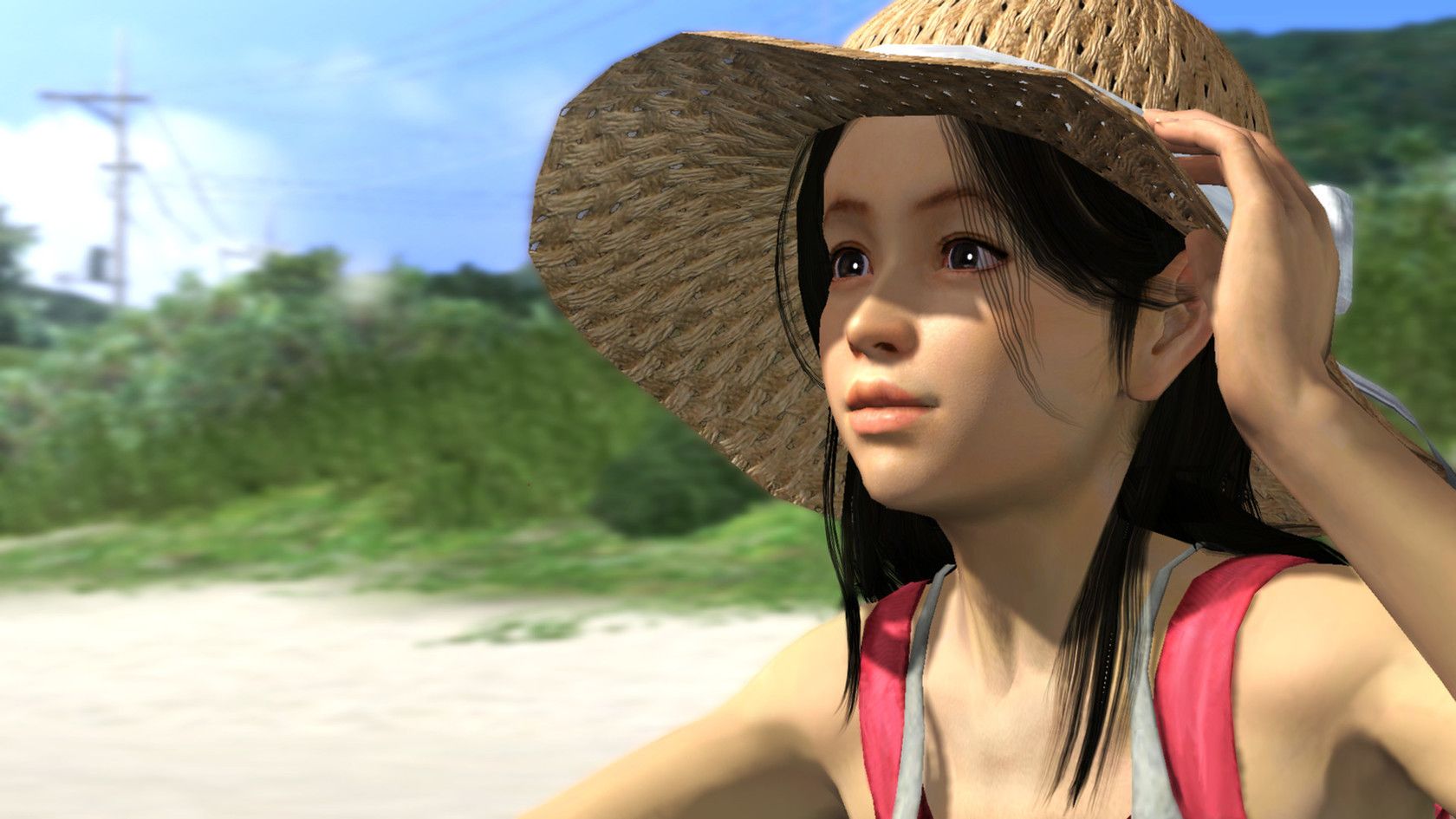
And it’s lovely, really. Mitsuo fancies Riona, although unfortunately these feelings aren’t reciprocated. She thinks he’s different because of his skin colour, which gives Kiryu serious cause for concern – he didn’t raise her to be like that. As you learn more about them, though, you’ll see that Riona has a burn on her arm she’s incredibly embarrassed by. She feels different, and so when she sees someone else, the first thing she does is try to emphatically differentiate them, too. Once Mitsuo defends her from a bully and tells her he couldn’t care less about the burn on her arm, she sees the error of her ways – it’s a story of two kids learning to appreciate how there’s a sort of beauty in being different, and by the end of it, the two of them are best buds.
Taichi wants to spend his days reading Shonen Five and wrestling; Koji’s a serious baseball player; Ayako is the big sister who does way too much for everyone else; Shiro’s a bit nerdy, and gets bullied, but watching him stand his ground and fight back is incredible; Izumi is stupidly brave and manages to rescue a scared, stray dog; Eri robs money from Ayako to go to the cinema, but once she’s caught, she recognizes why that’s wrong and learns from the experience; I’ve already talked about Mitsuo and Riona, who are great, too. All that leaves is Haruka – if you’ve played Kiwami or Kiwami 2, you should already know how brilliant she is.
It’s such a radically different kind of experience to traditional Yakuza. After a few chapters, you go back to taking names and cracking skulls – Sega was hardly going to give us 20 hours of doing chores at an orphanage. Actually, though, that’s exactly what I wanted. When I finally got the option to head back to Kamurocho – which was important, mind, given that Daigo’s life was on the line – all I wanted to do was play baseball with the kids. I wanted to go to the shops and make sure I could get food that had no buckwheat in it so Taichi didn’t get an allergic reaction. I wanted to see Ayako use her homework coupon, and Shiro pass his grammar tests, and Izumi teach Mame how to give the paw. It’s so wholesome, but also so real. It’s Yakuza’s signature sincerity except instead of blood, death, and heartbreak, it’s a kind of weird liminal space on an Okinawan beach where you’re just making sure that everyone is really, truly, uncompromisingly happy.
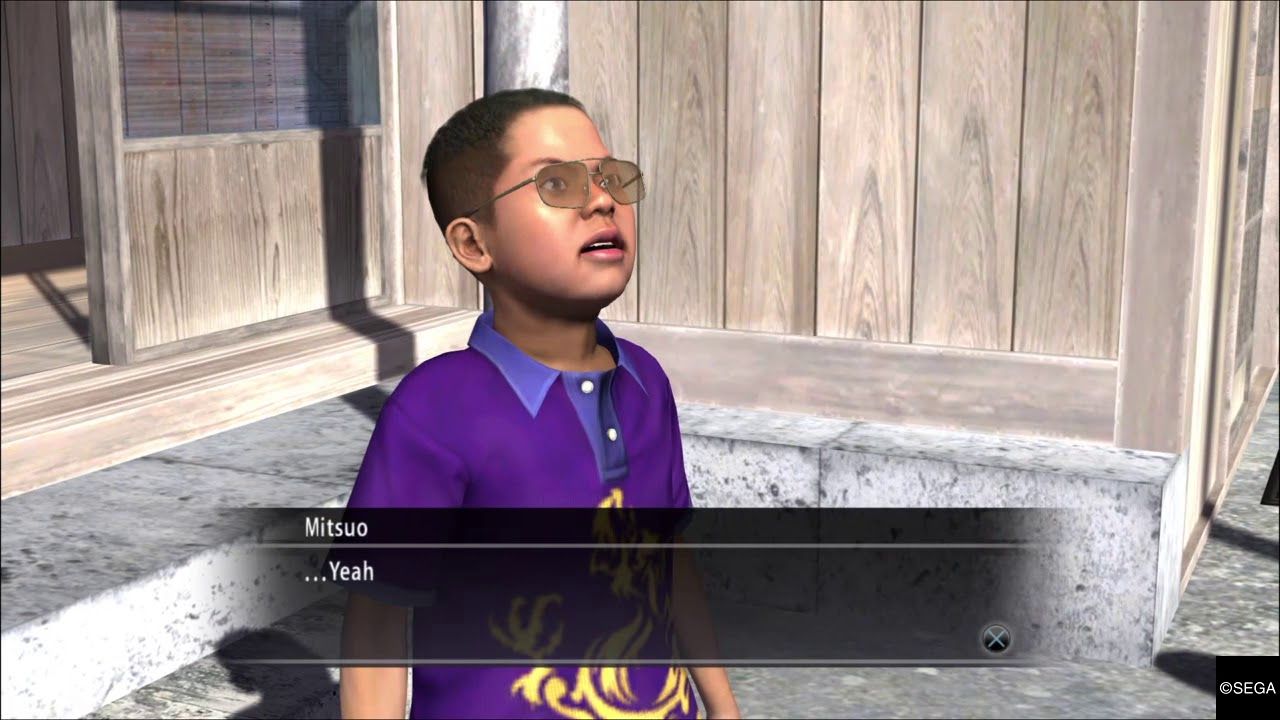
I’m on Yakuza 4 now, which means I’ve only got 5, 6, and Like a Dragon left once I finish this. I’ve heard Like a Dragon in particular is lovely, and that Ichiban is a wholesome little himbo in his own right. Still, I kind of just want to go back to the start of Yakuza 3 and treat the first three chapters as if they’re an entire game. I mean, I know the content is finite, right, and that I’ll exhaust it in a few hours. Eventually I’ll have to advance the plot and commit to what constitutes the bulk of the story.
That’s why I’d love for Sega to examine Yakuza 3 and take another crack at its intro, except this time around, blow it up into an entire game. I haven’t finished Yakuza 6, but I know Kiryu makes a cameo in Like a Dragon. On one hand, I’m like, here, let Kiryu and Majima rest.
On the other, though, why can’t they do exactly that down at Morning Glory, eh? I’m sure the original nine kids are all grown up now, so why not have Kiryu, Haruka, Majima, and the Ryudo boys start up the biggest, best, and loveliest orphanage in Japan? I still can’t get over how absolutely incredible the intro to Yakuza 3 is, and now that I’m on to 4, all I can think about is how that intro deserves to be blown up into a game of its own.
Actually, scratch that – give it a whole series, yeah? Let us play as orphanage boss Kiryu until he’s 90 and can only take on 50 yakuza in one go.
Next: We Did The Math: Which Subscription Service Has The Best Games?
